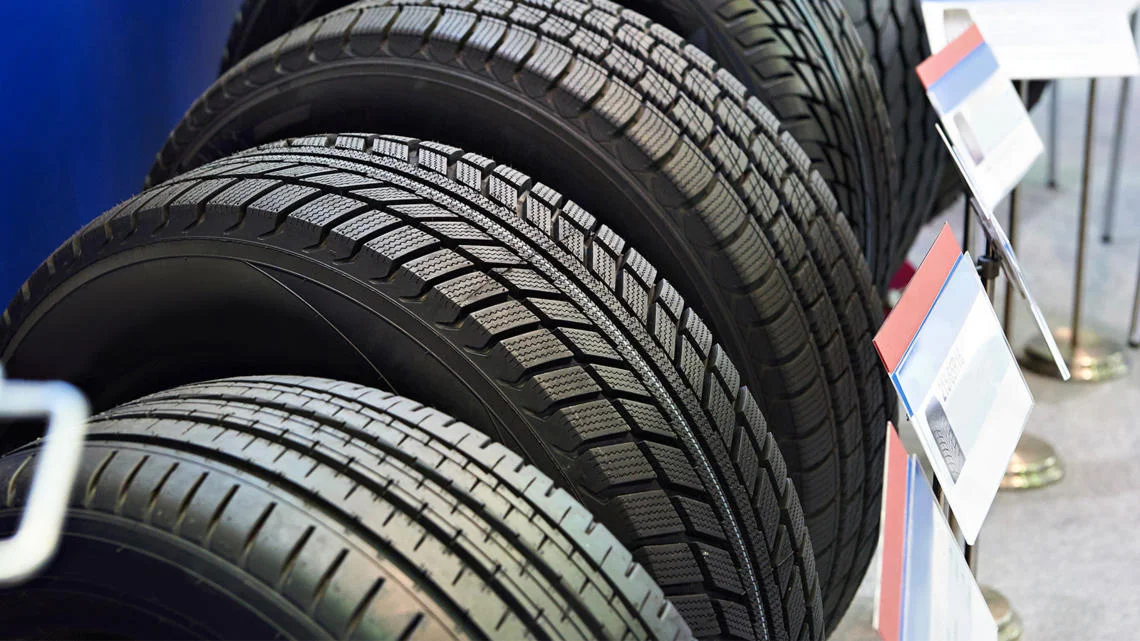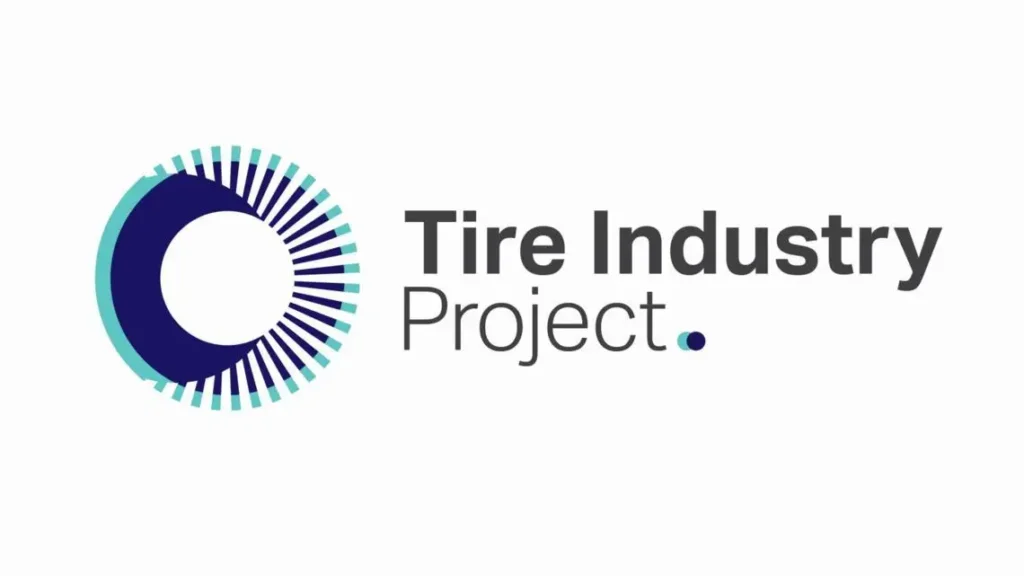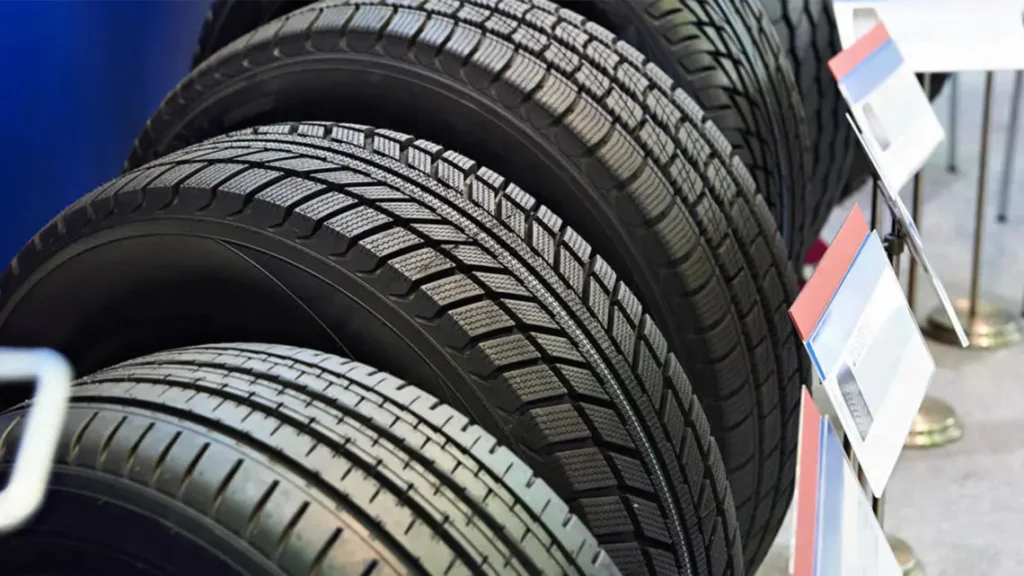First-of-their-kind Product Category Rules improve standardization, transparency of tire life-cycle environmental impact.
Geneva, 2 July 2018: The Tire Industry Project (TIP) welcomes today’s launch of new Product Category Rules (PCRs) for the tire industry. Commissioned by the TIP and developed and published by internationally respected UL Environment, the PCRs ensure compliance to information and transparency standards when creating an Environmental Product Declaration (EPD) – an independently verified and registered environmental label for the lifecycle impacts of a product.
“TIP members identified the need for a comprehensive, globally relevant PCRs for enabling improved consistency in evaluations for life cycle assessments” said Anne-Cecile Remont, TIP Director at the World Business Council for Sustainable Development (WBCSD). “The tire PCRs are a proactive industry contribution to further environmental transparency, helping to reduce the environmental footprint of the tire lifecycle. This is an important industry commitment to improving environmental performance.”
The tire industry PCRs were developed to be suitable for EPD creation in any region of the world.
“UL Environment applauds the tire industry for its commitment to the development of the PCRs and is pleased to work with TIP to issue comprehensive PCRs that will enable the creation of EPDs in global markets,” said Anna Lasso, product manager of Environmental Product Declarations at UL Environment. “Because tires are a product that most of the population uses or encounters every single day, manufacturers who pursue EPDs have the opportunity to make a positive impact on the environment by better understanding their products’ environmental impacts.”
The final PCRs were published following the completion of a pilot phase that included expert review and testing by TIP members and sustainability consultancy, Quantis.
“We are very proud to have been part of this major collaborative project that successfully brought tire manufacturers from all over the world together to define common rules for measuring environmental performances of tires,” said Violaine Magaud, sustainability expert in the tire sector at Quantis.
The PCRs pilot process also involved participation from the Japan Environmental Management Association for Industry (JEMAI) for ‘Ecoleaf’ and the International EPD Program by EPD International, both integrating the tire PCRs in to their respective EPD programs.
Additional information
About PCRs and PCRs for tires: A definition of PCRs (UL): https://industries.ul.com/
The tire PCRs are valid for tires used in passenger and light truck vehicles, medium and heavy trucks and buses, aircraft, off-the-road vehicles and motorcycles.
The complete ‘Product Category Rules (PCRs) for preparing an Environmental Product Declaration (EPD) for the Product Category: Tires’ is available on the UL Standards website: https://www.environdec.com/
About UL Environment: UL Environment works to advance global sustainability, environmental health, and safety by supporting the growth and development of environmentally preferable products, services, and organizations. We help companies achieve their sustainability goals—and help purchasers, specifiers, retailers, governments, and consumers find products they can trust. UL Environment offers environmental claim validations, multi-attribute product certifications, environmental product declarations, indoor air quality certification, product emissions testing, organizational sustainability certification, and consulting.
About UL: UL fosters safe living and working conditions for people everywhere through the application of science to solve safety, security and sustainability challenges. The UL Mark engenders trust enabling the safe adoption of innovative new products and technologies. Everyone at UL shares a passion to make the world a safer place. We test, inspect, audit, certify, validate, verify, advise and train and we support these efforts with software solutions for safety and sustainability.
About Quantis: Quantis guides top organizations to define, shape and implement intelligent environmental sustainability solutions. In a nutshell, our creative geeks take the latest science and make it actionable. They deliver resilient strategies, robust metrics, useful tools, and credible communications. With offices in the US, France, Switzerland, Germany, Italy and Colombia and clients around the world, Quantis is a key partner in inspiring sustainable change on a global scale.
About JEMAI: The Japan Environmental Management Association for Industry (JEMAI) is a public corporation organized by a membership of about 700 companies. JEMAI was established in September 1962 when industrial pollution was becoming a serious concern in Japan. JEMAI’s activities include environmental assessments, technology developments, surveys for air and water pollution, noise, vibration, and hazardous chemical substances and global environmental issues.
About the International EPD Program: The International EPD® System is a global programme for environmental declarations based on ISO 14025 and EN 15804. Their online database currently contains more than 850 EPDs for a wide range of product categories by companies in 40 countries.




